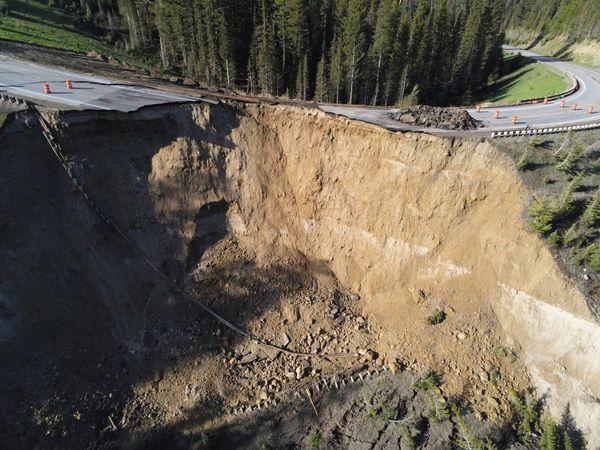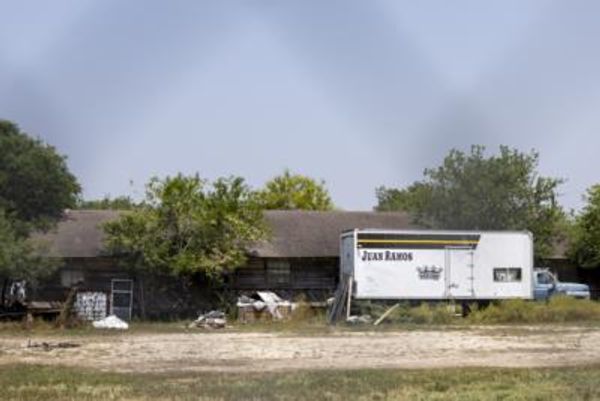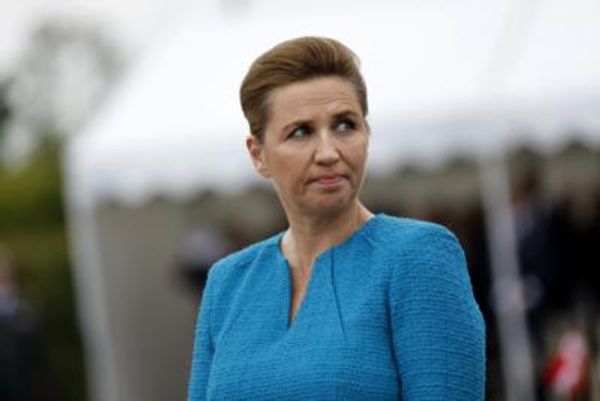
New Delhi, India – Midway through his address to voters in the searing heat of central India late in April, Minister of Road Transport and Highways Nitin Gadkari fainted and collapsed on stage. When he was revived a few minutes later, Gadkari returned to the podium, blaming the oppressive weather for the bout of unconsciousness.
Gadkari is only one among a series of politicians, election officials and campaign managers who have fainted or fallen sick in recent days, as the temperature in parts of India has reached 45 degrees Celsius (113 degrees Fahrenheit). One TV anchor collapsed on air due to heat stroke, while she was reading out updates on a heatwave.
As India’s mammoth seven-phase national election winds its way towards the finish line, the country’s 970 million voters, 15 million election officials and thousands of candidates are grappling with a scorching summer that is forcing campaigns to adapt.
With voters reluctant to attend outdoor political events during the day, leaders are rescheduling campaign outreach efforts to early mornings and late evenings. In the eastern state of West Bengal, Chief Minister Mamata Banerjee advised campaigners from her Trinamool Congress (TMC) party to carry umbrellas, hats and drinking water while making door-to-door visits. Others are trying to stay cool with coconut water.
“It’s unbearable heat. It has become extremely difficult to campaign under a blazing sun,’’ said Rabindra Narayan Behera, the Bharatiya Janata Party’s (BJP) candidate for the Jajpur constituency in Odisha. The BJP is in power nationally and Prime Minister Narendra Modi is aiming for a third consecutive term in office.
“But the campaign can’t be halted. We are doing it with all precautions, like using hats and drinking enough coconut water. Otherwise, there are chances of getting affected by sun strokes.’’
Meanwhile, the effects of the heat are already starting to show. Voter turnout in each of the four phases of the election so far has been lower than it was in 2019, with some politicians, like Minister of Defence Rajnath Singh blaming the temperature, in part.
High temperatures can also sway voter sentiments, research shows.
A particularly harsh summer
The scorching heat has swept large parts of the country with temperatures reaching 45C (113F) in parts of Odisha, West Bengal, Chhattisgarh, Madhya Pradesh and Andhra Pradesh. A new heatwave is likely to start over the northwest region, including Punjab, Uttar Pradesh and Haryana, from May 16, according to the Indian Meteorological Department.
Haryana votes in the penultimate phase of the election, on May 25, and Punjab in the final phase, on June 1. Several parts of Uttar Pradesh, India’s most populous state, vote on May 20, May 25 and June 1.
Since 2004, every parliamentary election has taken place in India in April and May. But the meteorological department has predicted hotter-than-usual temperatures and more days of heatwaves this summer.
On April 22, the Election Commission of India set up a task force to review the impact of heat waves and humidity on the elections.
“Given these risks, preparing for managing public health during elections is critical. Election authorities should take proactive steps to minimise exposure to extreme heat,” said Aditi Madan, a post-doctoral fellow at the New Delhi-based Institute for Human Development.
“In addition to advisories being issued for workers and voters on how to protect themselves, authorities could include rescheduling events to cooler parts of the day, providing amenities such as water and shade at events, or even shifting more campaign activities online or to indoor venues.”
The first and largest of the seventh phases of voting on April 19 saw electors choose their representatives for 102 parliamentary seats at a time when heat had gripped parts of the country. The voter turnout of 66 percent was comfortably lower than the 70 percent in 2019, and while it is difficult to pinpoint any one reason, some analysts have cited the heat as one among several factors that could have played a role.
But heat is not only affecting the election process. It has also raised the risk of water shortages, crop damage and a spike in energy demand leading to power shortages.
And all of that, say experts, could affect how Indians vote.
High temperature, high voter turnout
In general, exposure to high temperatures in the year before an election actually increases voter turnout in rural constituencies, along with voter support for agricultural policies, such as loans, and better irrigation and electrification access. That’s according to a study of Indian state elections by Amrit Amirapu, an associate professor at the University of Kent, and researchers Irma Clots-Figueras and Juan Pablo Rud. Farmers go to vote in larger numbers than usual when high temperatures damage crops, which hurts their incomes, the research said.
In the current heatwave context, farmers are less likely to vote for the incumbent and more likely to elect a politician with an agricultural occupation or background, Amirapu told Al Jazeera.
“I don’t think it is likely to lead to a big swing in election outcomes, although it is possible that incumbent politicians will lose some votes because of it,’’ said Amirapu.
Politicians and parties that have successfully aligned themselves with farmers’ issues, especially issues having to do with climate, water availability or financial support, are likely to get their support, he said.
Heatwave havoc
Like the rest of the world, India is witnessing extreme weather events such as floods, cyclones, droughts and heatwaves with increasing frequency.
Last year, 2023, was the second-warmest year for India since 1901. The warmest year ever recorded was in 2016.
At least 13 people died from heatstroke in the western state of Maharashtra in April last year after attending a state award ceremony, where Home Minister Amit Shah was a guest. Overall, about 264 people died due to heat waves in 2023, according to Ministry of Health statistics presented to parliament, though experts say this figure is likely an underestimate.
Scientists estimate human-induced climate change has made heatwaves 30 times more likely in India. The World Bank says the world’s most populous nation could soon become one of the first places to experience heatwaves that break the human survivability limit.
India’s voting exercise will continue until June 4, when votes are counted.
Missing climate action as poll promise
Yet, despite the daily campaign challenges, environmental concerns have not emerged as burning electoral issues for Indian politicians.
To be sure, major political parties have made electoral promises focused on the climate crisis.
The BJP in its manifesto has mentioned achieving net-zero emissions by 2070, transitioning to non-fossil fuel energy sources, improving river health, achieving national air quality standards in 60 cities by 2029 and boosting disaster resilience.
The main opposition Congress Party has promised to constitute an independent Environment Protection and Climate Change Authority to enforce climate change policies, launch a Green New Deal Investment Programme to focus on renewable energy, and set up funds for green transition and to achieve the goal of net zero by 2070.
But on the campaign, travel, clean air and water security rarely figure in speeches.
“The broader issue of climate change typically receives less attention during elections, as more immediate economic or social issues that resonate more directly with voters’ daily lives take precedence,’’ said Madan.
That lack of campaign attention needs to change, she said.
“As climate-related events like heatwaves become more frequent and severe, there is a growing need to make this concern a more pressing election issue and elevate the discourse on climate change and encourage more concrete action and commitment at the policy level,’’ Madan said.







